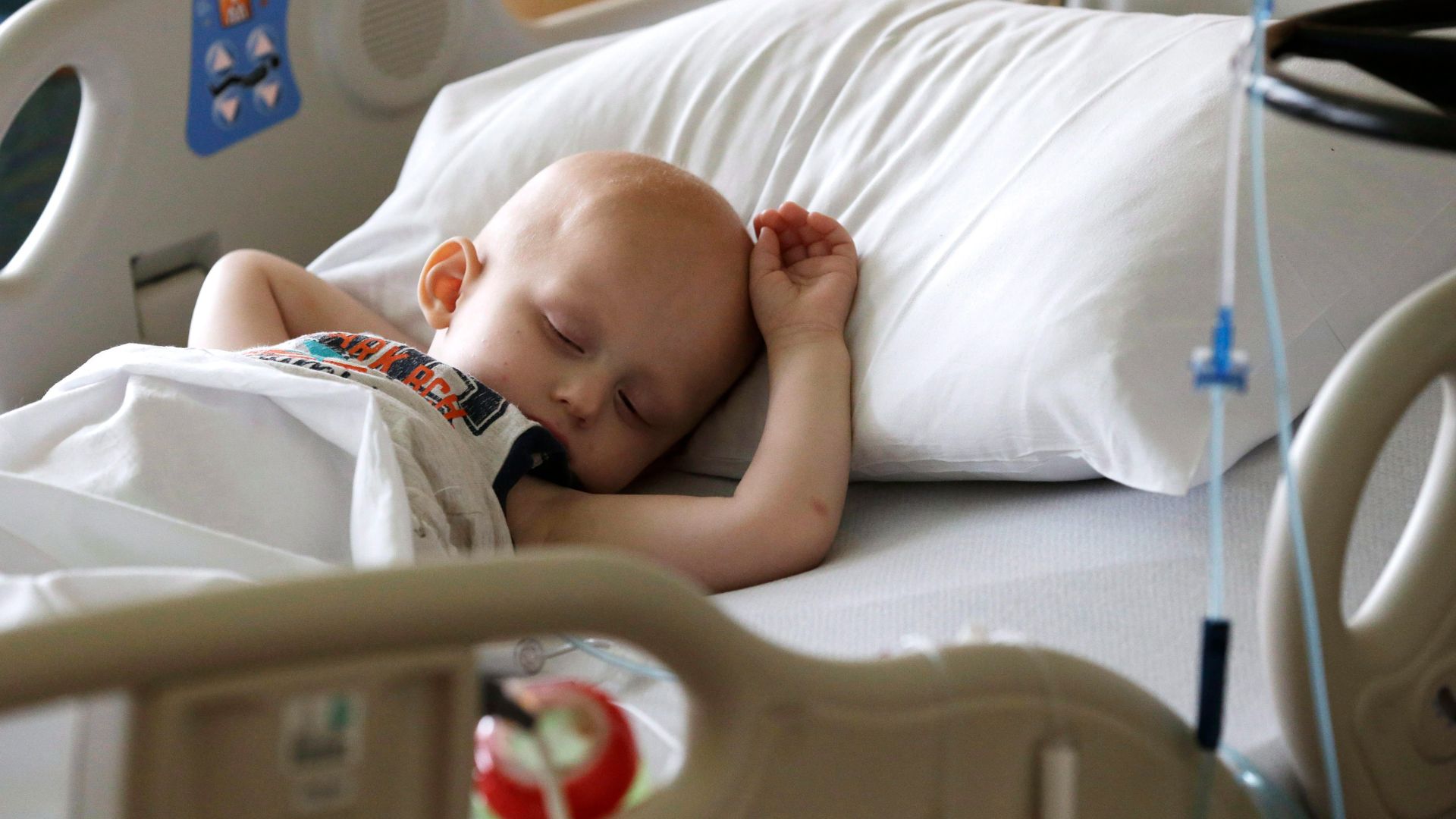A sophisticated pharmacological screening led researcher Noël Raynal from the CHU Sainte-Justine Research Center and his team on the trail of disulfiram, a drug whose anti-cancer properties have already been described by other researchers.
“Among the pediatric lines we have in the laboratory, neuroblastoma cells actually appeared to be the most sensitive that we tested to the anti-cancer effects of disulfiram,” concluded Professor Raynal.
Disulfiram, he explained, helps combat chronic alcoholism by inhibiting the action of an enzyme that also appears to be very important for cancer cells.
Disulfiram is thought to attenuate the expression of cancer-promoting genes by neuroblastoma cells, thereby reducing their ability to proliferate.
Other researchers had previously been interested in the anti-cancer effects of disulfiram, including for combating breast and lung cancer.
For example, in one study, the group of patients treated with standard chemotherapy plus disulfiram survived longer than the group that received chemotherapy alone, without an increase in toxicity.
However, neuroblastoma cells appear to be even more sensitive to the molecule’s effects than breast and lung cancer cells.
“We are very encouraged,” Mr. Raynal said.
Neuroblastoma is a disease whose presentation can be quite heterogeneous. While some minor patients can recover with a minimum of treatment, others require major procedures where there is no guarantee of recovery. Disulfiram could benefit the most from the latter.
Although disulfiram has been used for 70 years and is a molecule whose toxicity is well known, it will be several years before it enters the anti-cancer armamentarium.
The results of this study were published by Scientific Reports.

